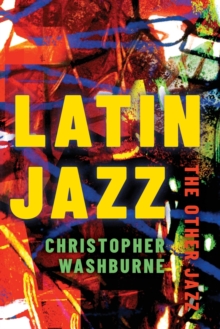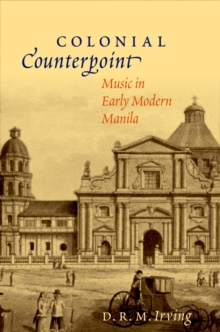
Discordant Notes : Marginality and Social Control in Madrid, 1850-1930 PDF
by Samuel Llano
Part of the Currents in Latin American and Iberian Music series
- Information
Description
Scholarship on urban culture and the senses has traditionally focused on the study of literature and the visual arts. Recent decades have seen a surge of interest on the effects of sound the urban space and its population. These studies analyse how sound generates identities that are often fragmentary and mutually conflicting. They also explore the ways in which sound triggers campaigns against the negative effects of noise on the nerves and health of the population. Little research has been carried out about the impact of sound and music in areas of broader social and political concern such as social aid, hygiene and social control. Based on a detailed study of Madrid from the 1850s to the 1930s, Discordant Notes argues that sound and music have played a key role in structuring the transition to modernity by helping to negotiate social attitudes and legal responses to problems such as poverty, insalubrity, and crime. Attempts to control the social groups that own unwanted musical practices such as organ grinding and flamenco performances in taverns raised awareness about public hygiene, alcoholism and crime, and triggered legal reform in these areas. In addition to scapegoating, marginalising and persecuting these musical practices, the authorities and the media used workhouse bands as instruments of social control to spread "aural hygiene" across the city.
Information
-
Download Now
- Format:PDF
- Pages:320 pages
- Publisher:Oxford University Press
- Publication Date:31/10/2018
- Category:
- ISBN:9780199392476
Other Formats
- EPUB from £29.68
Information
-
Download Now
- Format:PDF
- Pages:320 pages
- Publisher:Oxford University Press
- Publication Date:31/10/2018
- Category:
- ISBN:9780199392476



